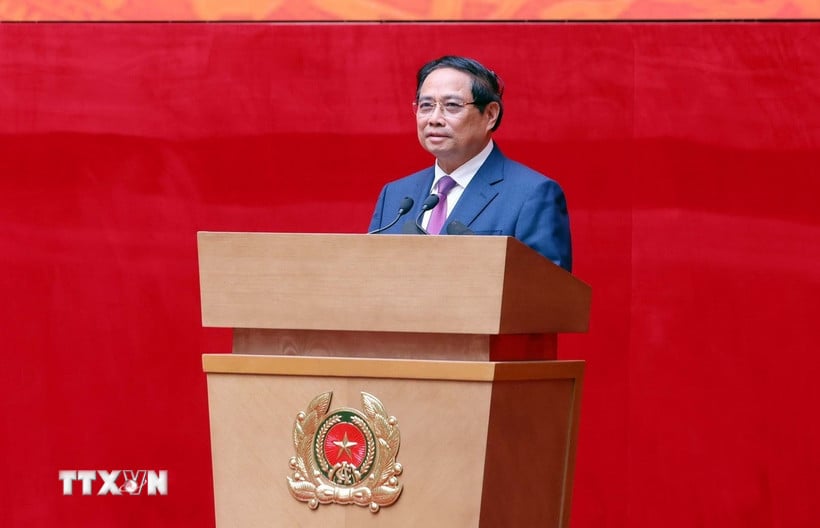 |
Prime Minister Pham Minh Chinh gives a directive speech. (Photo: Pham Kien/VNA) |
On the morning of September 18, Politburo member and Prime Minister Pham Minh Chinh attended the National Conference to implement Resolution No. 147/NQ-CP dated May 22, 2025 of the Government on the National Comprehensive Strategy for Prevention and Response to Non-Traditional Security Threats to 2030, with a vision to 2045 (Resolution 147).
The conference was chaired and organized by the Ministry of Public Security . Attending the conference were: Politburo member, Minister of Public Security, General Luong Tam Quang; Secretary of the Party Central Committee, Secretary of the Ho Chi Minh City Party Committee Tran Luu Quang; leaders of central departments, ministries, branches, agencies; leaders of provinces and cities.
The conference assessed that non-traditional security threats are urgent global issues, having enormous, profound, and comprehensive impacts at an unprecedented level and scope on every country and region.
Vietnam is one of the countries seriously and comprehensively affected by non-traditional security threats, manifested in many aspects at new levels, with increasingly high levels of danger, strongly and deeply affecting all areas from economics, politics, culture, society to national defense and security.
Relevant strategies issued by the Party and State in recent times have proposed many solutions to respond to non-traditional security challenges and threats. On May 22, 2025, the Prime Minister signed Resolution 147/NQ-CP promulgating the National Comprehensive Strategy for Prevention and Response to Non-Traditional Security Threats to 2030, with a vision to 2045. This is a pioneering and breakthrough step of Vietnam, affirming the high political determination of the Party and State, while contributing to enhancing national prestige and demonstrating responsibility to the international community in responding to global challenges.
The strategy identifies eight major guiding viewpoints and goals until 2030 and a vision to 2045, with immediate priority given to a number of areas such as climate change; environment, cyber security; health security; and prevention and combat of transnational organized crime and terrorism.
 |
| General Luong Tam Quang, Politburo member, Secretary of the Central Public Security Party Committee, Minister of Public Security, speaks. (Photo: Pham Kien/ VNA) |
The strategy sets out 8 groups of key tasks and solutions, including forming a management mechanism to respond to non-traditional security threats; Perfecting the legal system, building a mechanism to prevent and respond to non-traditional security threats; Improving strategic forecasting capacity, effectiveness of state management, national governance, risk control to proactively prevent, respond and adapt to non-traditional security threats; Promoting socio-economic development, creating position and strength, mobilizing the strength of the entire people, taking advantage of all resources for preventing and responding to non-traditional security threats; Strengthening information and communication to raise awareness, proactively developing plans, organizing training, practicing scenarios for prevention, mitigation, relief, recovery, reconstruction and development in specific cases and situations; Focusing on training and improving the capacity of cadres participating in preventing and responding to non-traditional security threats; Promote digital transformation combined with theoretical research and development, transfer research, and application of science and technology in preventing and responding to non-traditional security threats; Strengthen international cooperation in preventing and responding to non-traditional security threats.
At the conference, leaders of ministries, branches, central agencies and local leaders discussed, analyzed and pointed out non-traditional security threats such as environmental pollution, natural disasters, epidemics, illegal migration, transnational crimes, terrorism, drugs, human trafficking, money laundering, international economic crimes, high-tech crimes, etc.; at the same time, proposed many solutions, as well as demonstrated determination and determination to prevent and respond to non-traditional security threats according to Resolution 147/NQ-CP of the Government.
Speaking at the conference, Prime Minister Pham Minh Chinh highly appreciated the important significance of the conference, thereby unifying the awareness and actions of the entire political system and society in preventing and responding to non-traditional security threats; highly appreciated the central report of the Ministry of Public Security and the delegates' discussions with full, comprehensive, and practical content, demonstrating enthusiasm and responsibility, and proposing many practical and feasible contents and solutions.
The Prime Minister said that the Party and State were very aware of the issue of non-traditional security and have issued many resolutions, strategies and laws on preventing and responding to non-traditional security threats. In particular, Resolution 51-NQ/TW dated September 5, 2019 of the Politburo on the National Security Protection Strategy, Conclusion 81-KL/TW dated June 4, 2024 of the Politburo on responding to climate change, strengthening resource management, environmental protection, etc.
At the same time, the legal system related to non-traditional security has also been supplemented and improved, institutionalizing the Party's viewpoints, internalizing Vietnam's international commitments and better meeting practical requirements.
 |
| Conference scene. (Photo: Pham Kien/VNA) |
Analyzing the context and situation, the Prime Minister noted that non-traditional security threats are increasingly unpredictable, strongly and comprehensively affecting the whole world, including the sustainable development of Vietnam and people's lives such as the COVID-19 pandemic, climate change, natural disasters, unusual extreme weather; the negative side of the development of science and technology, artificial intelligence, digital transformation, information network security; energy security, food security, water security, transnational crime, etc.
“The impact of non-traditional security is national, comprehensive, and global, so there must be international cooperation and solidarity, and promotion of multilateralism; no country is safe when another country is threatened; no one is safe when the world is unsafe,” the Prime Minister emphasized.
Analyzing the relationship between prevention and response, the Prime Minister said that prevention must be proactive and sustainable; response must be timely and effective. Accordingly, it is necessary to improve forecasting and warning, grasp the situation and developments, and adapt promptly, flexibly and effectively based on data, science, technology, innovation and digital transformation.
Stating the two strategic goals for the next 100 years, the Prime Minister said that there must be specific goals, including rapid and sustainable development; ensuring security, safety and security for the people; not allowing incidents to occur; and in case of an unfortunate incident, handling it quickly and effectively.
With the viewpoint that prevention is strategic, fundamental, long-term, decisive, and sustainable; response is urgent, timely, effective, both sudden and regular; there must be comprehensive measures; people are the center and subject; harmoniously and effectively combine the 4 on-site and enhanced measures.
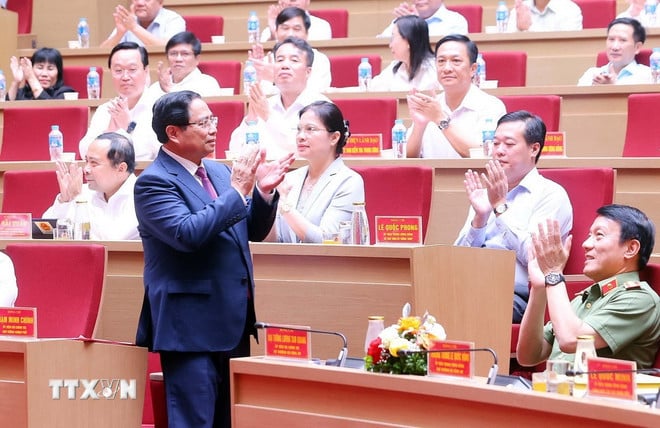 |
| Prime Minister Pham Minh Chinh at the Conference. (Photo: Pham Kien/VNA) |
The task in the coming time, the Prime Minister pointed out, is to continue to strengthen propaganda and education to raise awareness of the whole society about the dangers of non-traditional security threats and the importance of prevention and response work; not to let people panic, be passive, or believe in false information.
It is necessary to study, supplement and perfect the synchronous institutions, policy and legal systems, creating a solid legal corridor for organizing the activities of executive agencies at each level, ensuring both comprehensiveness and in-depthness to prevent and respond to non-traditional security threats; improve forecasting and warning capabilities, with thorough application of achievements of the fourth industrial revolution.
Promote science and technology, innovation and digital transformation in preventing and responding to non-traditional security threats; develop digital technology, AI, big data, and sensor networks to improve early warning capacity, risk modeling, impact assessment, and trend forecasting of emerging threats; Build a data system related to non-traditional security threats.
According to the Prime Minister, investing in developing resources and response capacity is a task that cannot be delayed; investing heavily in training a team of experts, equipping technology, strengthening information infrastructure, healthcare, environment, national defense and security; building a green, sustainable economy with high resilience to environmental and social shocks.
It is necessary to mobilize social resources to the maximum, especially public-private cooperation, attracting the participation of socio-political organizations, businesses, non-governmental organizations, and international partners in preventing and responding to non-traditional challenges and threats.
The head of the Government directed that it is necessary to innovate foreign policy thinking in the field of non-traditional security; enhance Vietnam's role and position in regional and global cooperation forums, and participate in resolving cross-border issues.
The Prime Minister directed the development of a plan to implement the Strategy in accordance with the practical situation of each period; concretize framework scenarios to respond to non-traditional security threats; prepare reserve forces to be ready to participate in responding to situations threatening national security, social order and safety; review and study to perfect the system of executive agencies from the central to local levels.
The forces must coordinate closely with each other; regularly review and summarize, and based on the practical situation, ministries, branches, and localities must proactively and promptly advise the Government to revise, supplement, and perfect the Strategy.
Requiring ministries, each sector, each locality, each cadre, party member and calling on the whole society and people to effectively implement the National Comprehensive Strategy for Prevention and Response to Non-Traditional Security Threats, the Prime Minister believes that with “high determination, great efforts, drastic and effective actions” and “clear assignment of people, tasks, time, products, authority and responsibilities,” the Strategy will be successfully implemented with concrete results, contributing to the cause of protecting national security; maintaining political stability, social order and safety, creating a peaceful, safe and healthy environment for rapid and sustainable development./.
Source: https://huengaynay.vn/chinh-tri-xa-hoi/thu-tuong-nguoi-dan-la-chu-the-cua-ung-pho-voi-de-doa-an-ninh-phi-truyen-thong-157885.html



![[Photo] Prime Minister Pham Minh Chinh chairs the 14th meeting of the Steering Committee on IUU](https://vphoto.vietnam.vn/thumb/1200x675/vietnam/resource/IMAGE/2025/9/23/a5244e94b6dd49b3b52bbb92201c6986)
![[Photo] The 1st Congress of Party Delegates of Central Party Agencies, term 2025-2030, held a preparatory session.](https://vphoto.vietnam.vn/thumb/1200x675/vietnam/resource/IMAGE/2025/9/23/e3a8d2fea79943178d836016d81b4981)

![[Photo] General Secretary To Lam meets voters in Hanoi city](https://vphoto.vietnam.vn/thumb/1200x675/vietnam/resource/IMAGE/2025/9/23/d3d496df306d42528b1efa01c19b9c1f)





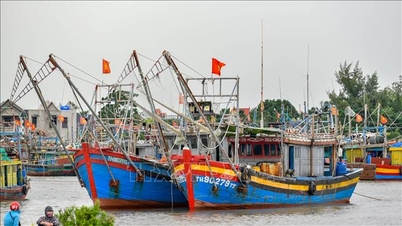
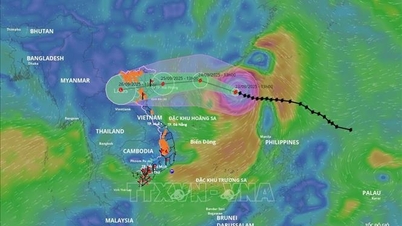


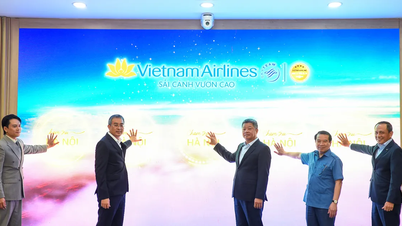

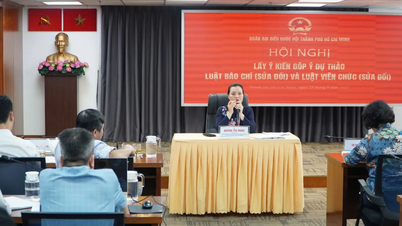


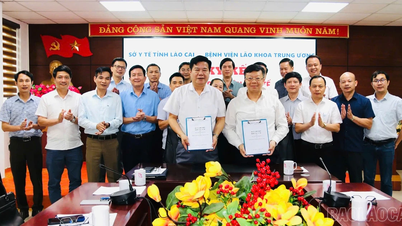










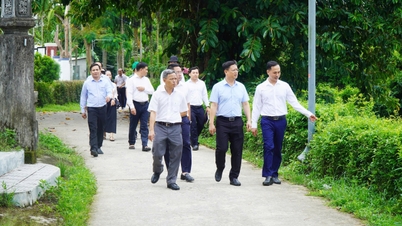
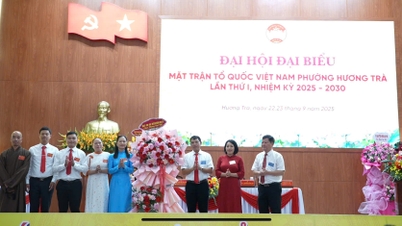
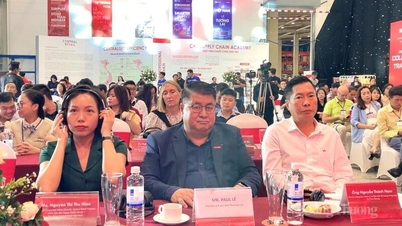

























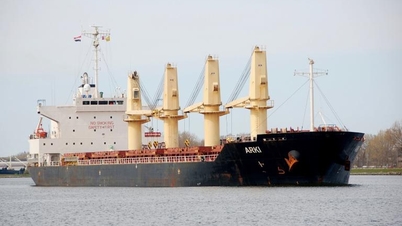


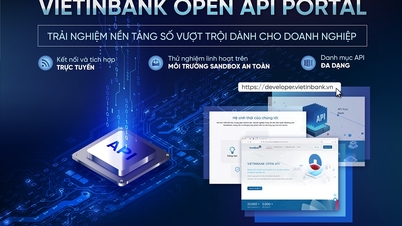

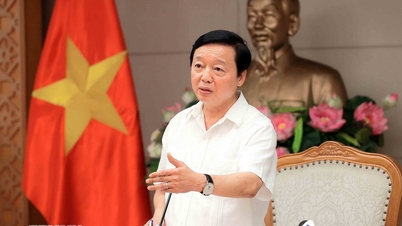








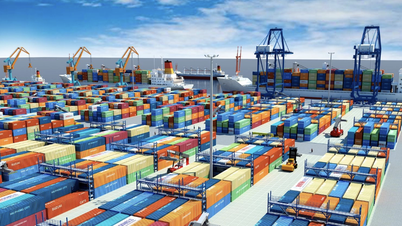







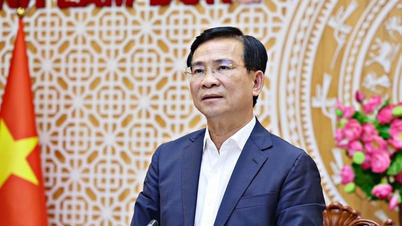


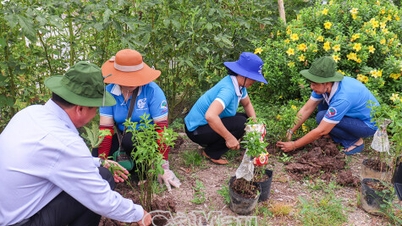


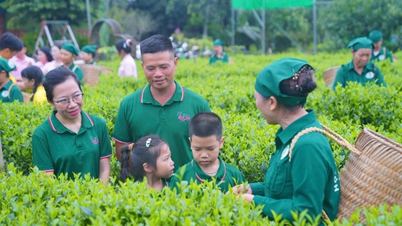


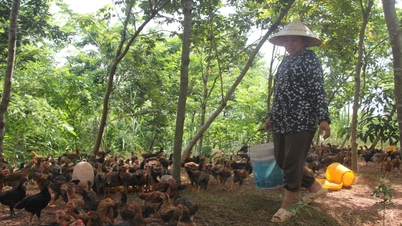
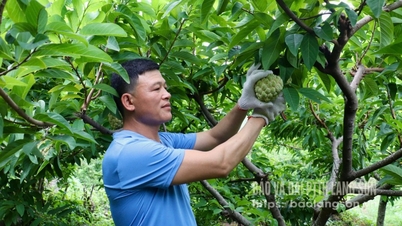

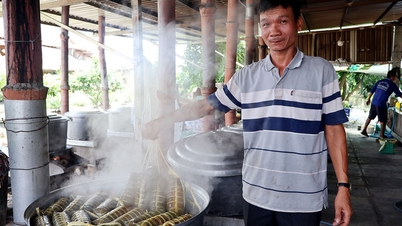




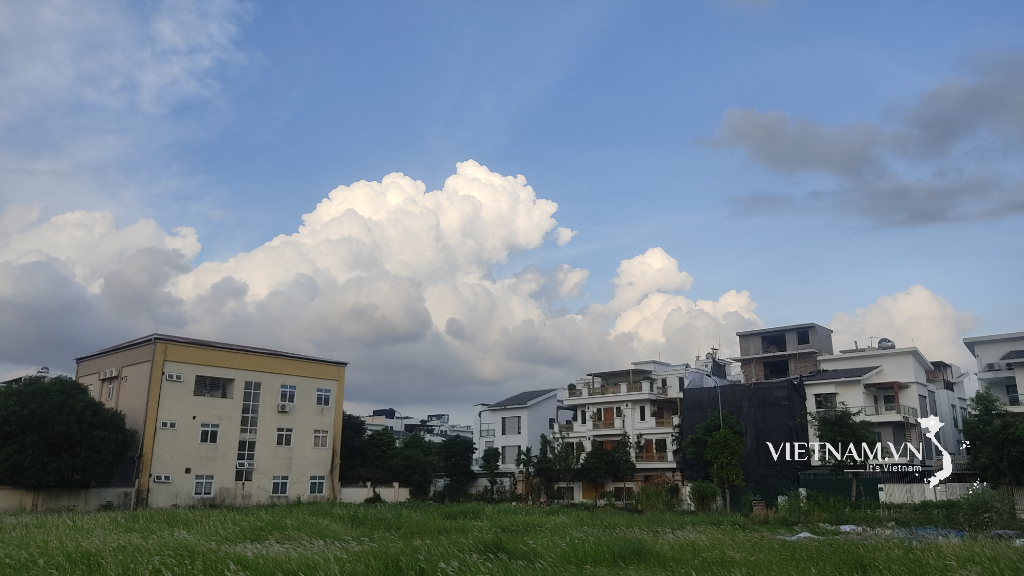
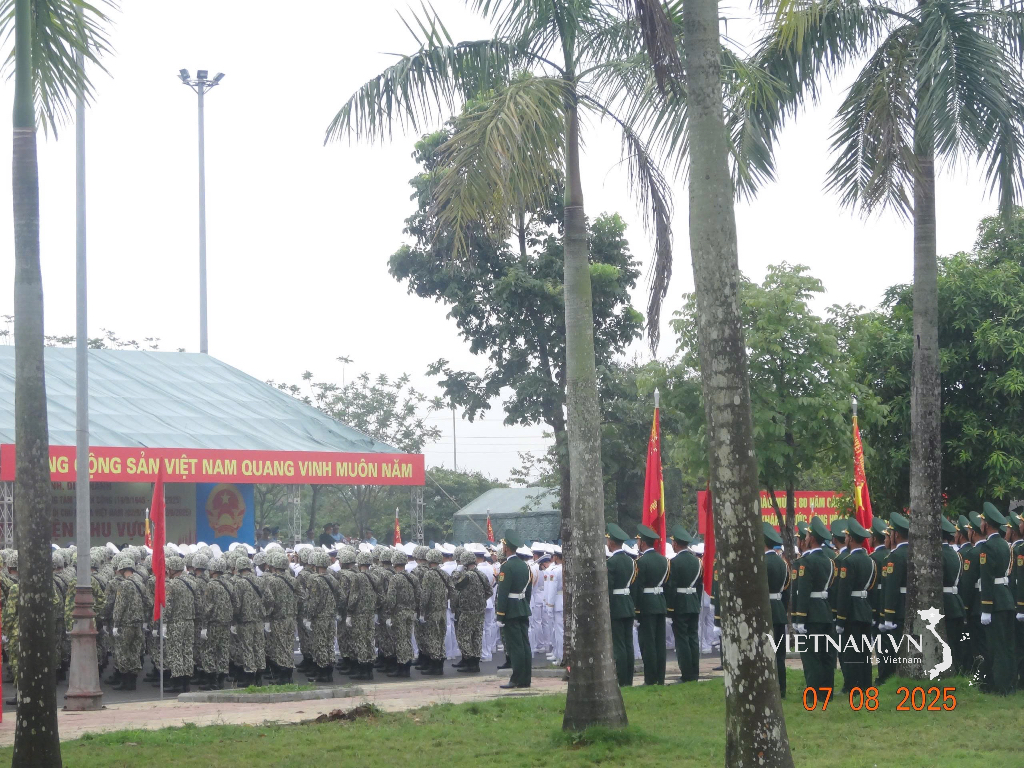
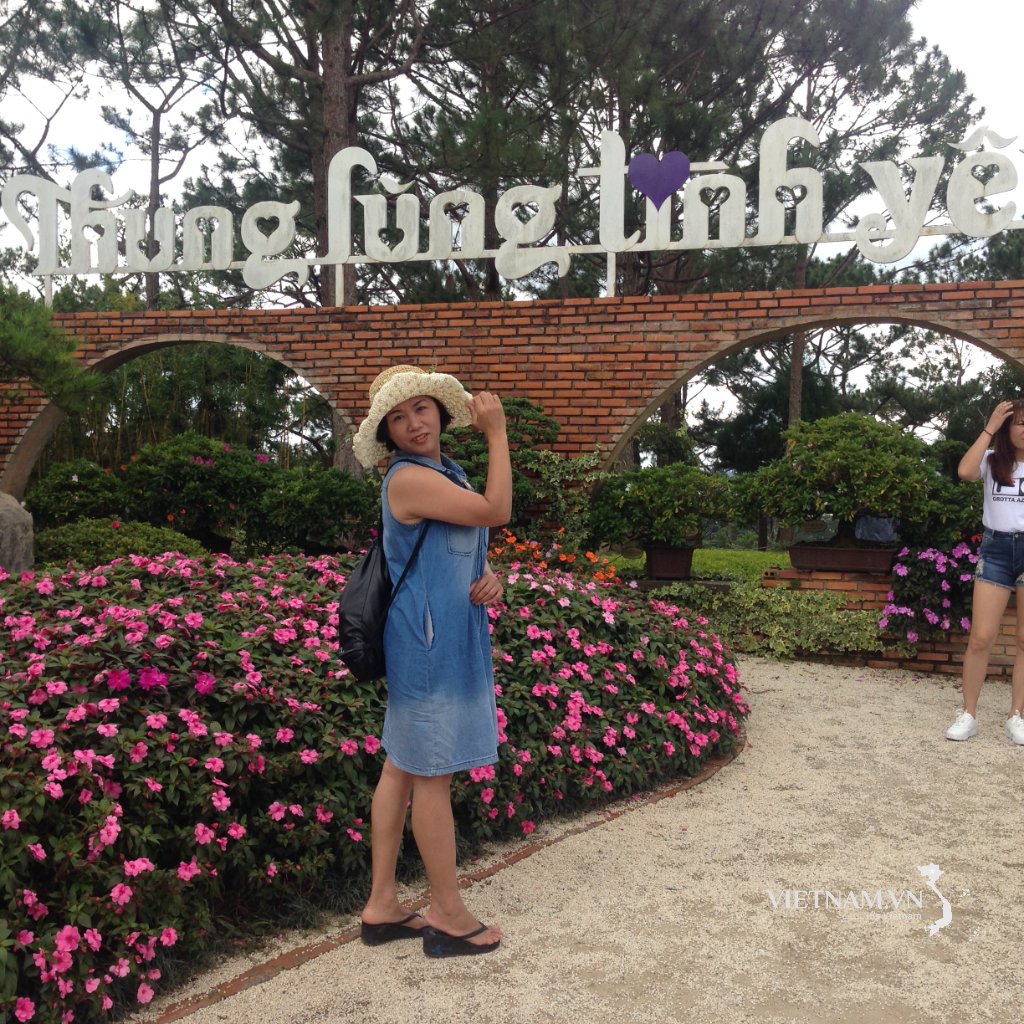
Comment (0)